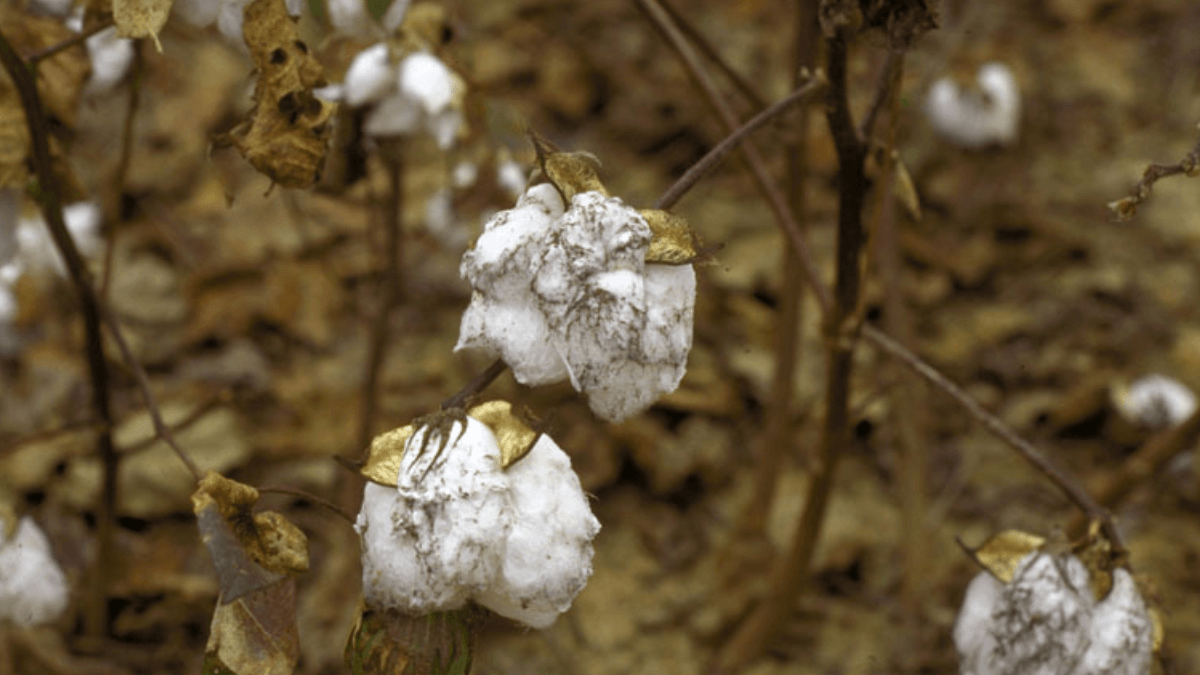News in brief:
– Genetically modified cotton seeds introduced in Nigeria failed to increase yields and negatively impacted farmland.
– The decline in Nigeria’s cotton industry continues, with experts calling for better solutions beyond GM seeds.
In 2018, cotton farmers were optimistic when the genetically modified (GM) strains MRC 7377BG11 and MRC 7361BG11 were introduced.
These seeds were expected to increase cotton yield per hectare from 650kg to 4.4 tons per hectare and combat pest-related losses.
Farmers had hoped these Genetically modified organisms (GMOs), whose DNA has been altered through genetic engineering to give them specific traits, would help rejuvenate the once-thriving cotton industry, which had faced years of neglect and decline.
Reality of GMO cotton performance
These expected high yields have not been realized more than five years down the line. According to Anibe Achimugu, President of the National Cotton Association of Nigeria (NACOTAN), the yields of GM cotton seeds did not significantly improve.
Producers reported that the seeds were expensive and failed to deliver better results compared to traditional varieties.
In addition to poor yields, cotton farmers reported another alarming issue; the land where these seeds were planted became unfit for cultivating local seeds.
Abdulsalam Musa, a cotton farmer from Katsina, noted that four years after planting the seeds, no other crops could grow on those farmlands. This raises concerns about the long-term environmental effects of GM seeds on soil health.
Nigeria’s cotton industry in decline
Nigeria’s cotton industry has been struggling for decades. Data from the Ministry of Industry, Trade, and Investment shows that 145 textile companies shut down between 1980 and 2016.
The decline in cotton production is one of the main reasons for this collapse. The country now imports 90% of its textile products, with imports rising from ₦220.5 billion in 2019 to ₦377.1 billion in 2023.
Lawal Matazu, President of the Cotton Producers and Merchants Association of Nigeria, echoed concerns that GM cotton seeds have harmed the industry.
Experts also argue that GM seeds are not addressing the core issues in Nigeria’s cotton industry, such as poor-quality inputs, inadequate research, and the collapse of the textile industry. Organic agriculture advocates, like Jude Obi, warn that GM seeds disrupt ecosystems and pose long-term risks to farmers and the environment.
Thus, despite high expectations, GMO cotton seeds have not delivered the desired results for Nigerian farmers. The ongoing challenges in the cotton industry highlight the need for better solutions to improve productivity and sustainability in agriculture.
Farmers globally can learn from Nigeria’s experience, especially when considering GM crops for large-scale farming.



